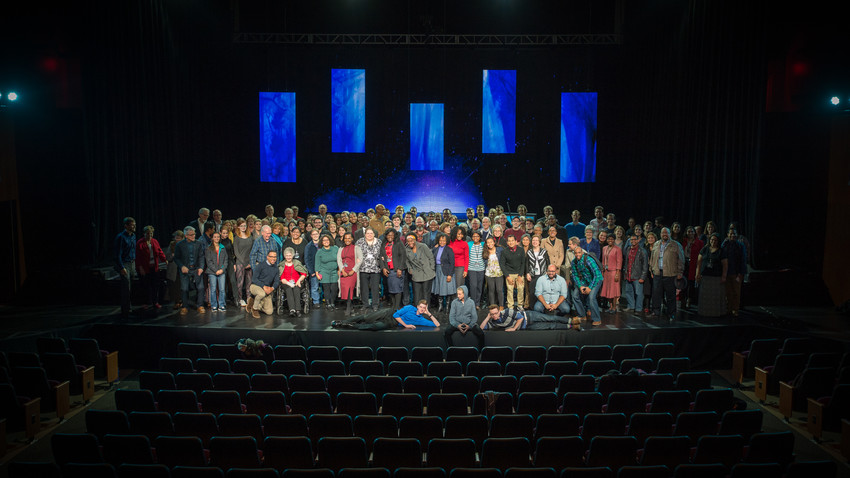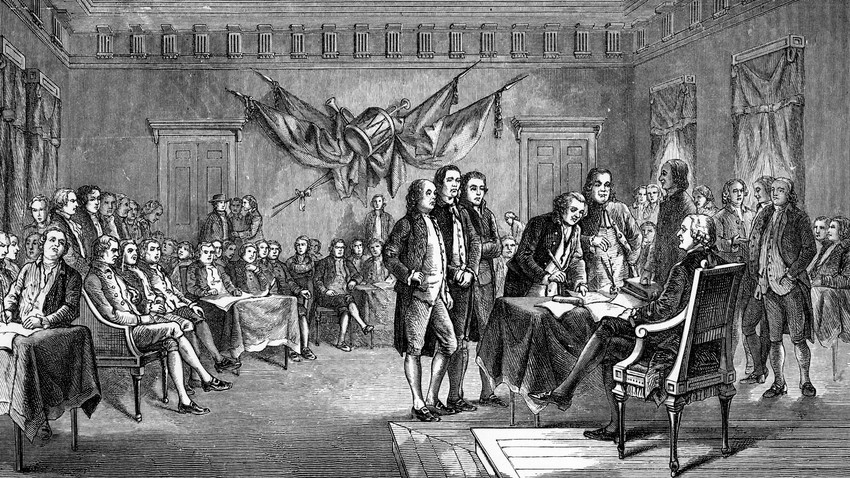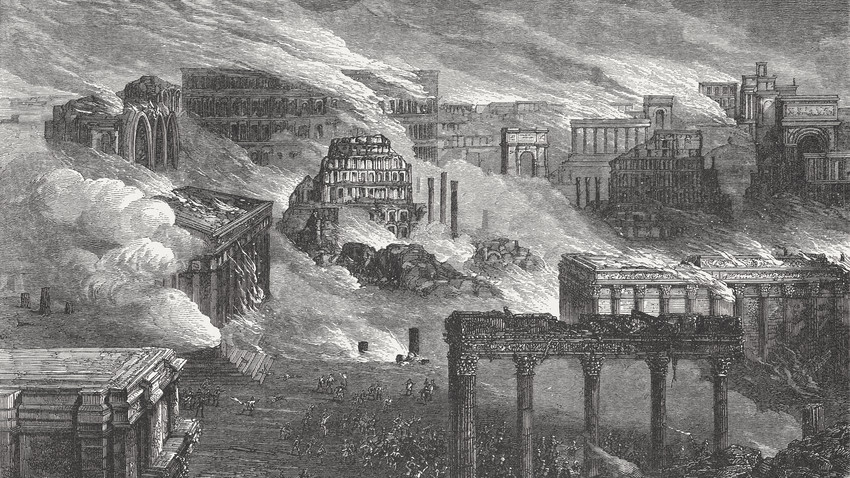I don’t want to be like the nine lepers who raced away from Jesus, so elated with His healing they forgot to even thank Him. Which is why—before even listing a single lesson we’ve learned from Hope Trending, our nine-night/ten program national/global event last week—I would like to thank God and the hundreds of volunteers at Pioneer and Andrews and across North America, who joined forces to make possible this Kingdom innovation. From its inception via the three think tanks a year and a half ago, we have been praying for God to turn Hope Trending into an evangelistic strategy that would penetrate cyberspace through social media for the Kingdom. That He has done so and that He did so through so many creative volunteers is reason enough to praise Him and thank you!
In Paul’s words: “A huge door of opportunity for good work has opened up here” (I Corinthians 16:9 Message). Were he alive today, no doubt the intrepid apostle would be trolling the Internet and social media for Christ, “a huge door of opportunity” indeed!
What have we learned? While we’ll need more time to carefully, prayerfully comb through the analytics of Hope Trending, here are ten initial lessons for our collective conversation and evaluation:
1 Social media is a frontier wide open for communicating the truth about God. Night after night we repeated our Big Idea, and it was passed from soul to soul in social media: The Maker of all things loves and wants me. I was amazed at how quickly that compelling truth caught on.
2 Social media is everywhere. Including Kazakhstan where a young Muslim began an online chat with our moderators over several evenings. Going to the entire planet through social media and the Internet is truly a no-brainer for the third millennial church. At last count, Hope Trending connected with people from 149 nations.
3 You don’t have to be a Millennial to reach the Millennials. It turns out they (18-35 years old) were the largest demographic slice we were connecting with on Facebook (perhaps not so surprising). (See our HT coordinator Rodlie Ortiz’s initial report in this publication with some additional statistics, including the 835,000+ Facebook connects with Hope Trending.) On Twitter and Facebook (from my scanning) our dominant promoters were Millennials. Reserving the front rows for Millennials (Andrews students) was a wise decision that infused their energy into the live television and livestreaming production each evening. Our HT producer Richard Parke’s production, programming and tech volunteers were all Millennials, but the program presenters were obviously (except for two) not. Go figure. We are grateful.
4 You don’t have to be a Millennial to be reached by social media. Having observed lesson #3, I was glad to discover #4 to be true, as well. Social media is no respecter of persons or ages, according to our adult responses and affirmations. Which further confirms the conclusion we the church need to be doing much more in cyberspace to connect humanity with the soon coming Savior.
5 The budget for an evangelistic endeavor like Hope Trending does not necessarily have to be high in order to achieve a national/global reach. We are grateful for Dan Jackson and the North American Division for going out on a limb with us through their $75,000 grant. And I am thankful for our Pioneer members who gave $55,000 to make Hope Trending possible. We were also grateful for Michigan Conference giving us $5,000. My point is simply that this total is not prohibitive for other congregations and institutions contemplating future initiatives like Hope Trending.
6 Hope Trending is a witness to the power of vision/mission to motivate young volunteers. The design, production, and programming team was Millennial—except for two, all of them serving gratis. Thank you.
7 Hope Trending is a witness to the power of vision/mission to motivate adult volunteers. The 150+ infrastructure and ministry adult volunteers were a huge bonus and essential for Hope Trending’s mission. Thank you.
8 Twenty-minute TED talk length biblical presentations on the truth of God’s character are doable—so is a high octane panel response to each teaching! Kudos to Ty Gibson, Michael Polite, Tacyana Nixon, Melissa Ruhupatty and Randy Sanchez. Not to mention the contagiously warm and energetic hosting of David Franklin!
9 The support of influential bloggers and social media players within our faith community was vital—and they came through with strong promotion. New strategies in social media evangelism will necessitate the support of these experts who have a proven track record in connecting with this hitherto unreached people group. God bless them.
10 If a local congregation like Pioneer can do it, I believe evangelistic innovation through the efforts of a local congregation is possible anywhere. Go for it!
The good news is Hope Trending isn’t over. Thanks to our online archived material (hopetrending.org), it is very possible that Hope Trending’s greatest impact is still future (so pass the word). Consider this promise: “There has never been the slightest doubt in my mind that the God who started this great work in you would keep at it and bring it to a flourishing finish on the very day Christ Jesus appears” (Philippians 1:6 Message). With that promise, we can know for certain that with Christ the best is yet to come.









